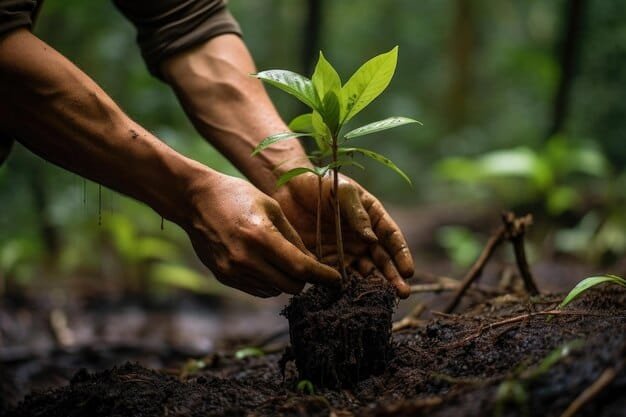Trees May Emit Less Carbon in a Warmer World, Study Finds
A groundbreaking international study reveals that trees may release significantly less carbon dioxide (CO₂) under future warming conditions than previously projected potentially altering climate change forecasts.
The research suggests that respiration from tree trunks.the process by which trees emit CO₂.is less sensitive to rising temperatures than current models assume. This discovery challenges the long-held belief that global warming would drastically accelerate plant-related CO₂ emissions.
Led by scientists from Tsinghua University and involving global partners, including Distinguished Professor Ian Wright from Western Sydney University’s Hawkesbury Institute for the Environment, the study analyzed a global dataset comprising thousands of wood respiration measurements from hundreds of tree species across all major climate zones.
“This is likely true,” said Professor Wright, “but this latest research reveals that carbon fluxes under warmer future climates will not increase as much as currently thought.”
Plant respiration, the natural process by which trees convert sugars into energy and release CO₂, plays a key role in the Earth’s carbon flux—how carbon is cycled between the atmosphere, land, and oceans. Previous models largely extrapolated short-term responses to temperature over longer timescales, potentially overestimating emissions.
However, the study shows that over longer periods—months to decades—trees undergo thermal acclimation, adjusting their respiration to maintain stability despite rising temperatures. This adaptation dampens the expected rise in CO₂ emissions from forests, providing a moderating effect on climate feedback loops.
The research incorporated extensive field data, including measurements collected over a decade from Australian savannas, rainforests, and woodlands by Professor Wright’s team.
Professor Sandy Harrison from the University of Reading emphasized the findings’ implications for global climate models. “These results provide a new approach to assessing how ecosystems may slow climate change,” she said.
Although the planet is expected to face more extreme weather events due to climate change—such as heatwaves, wildfires, and droughts—this study indicates that ecosystems may partially offset these trends by emitting less CO₂ than feared.
According to Professor Wright, “These findings give us hope that nature may offer some resilience, though the urgency of climate action remains unchanged.”














